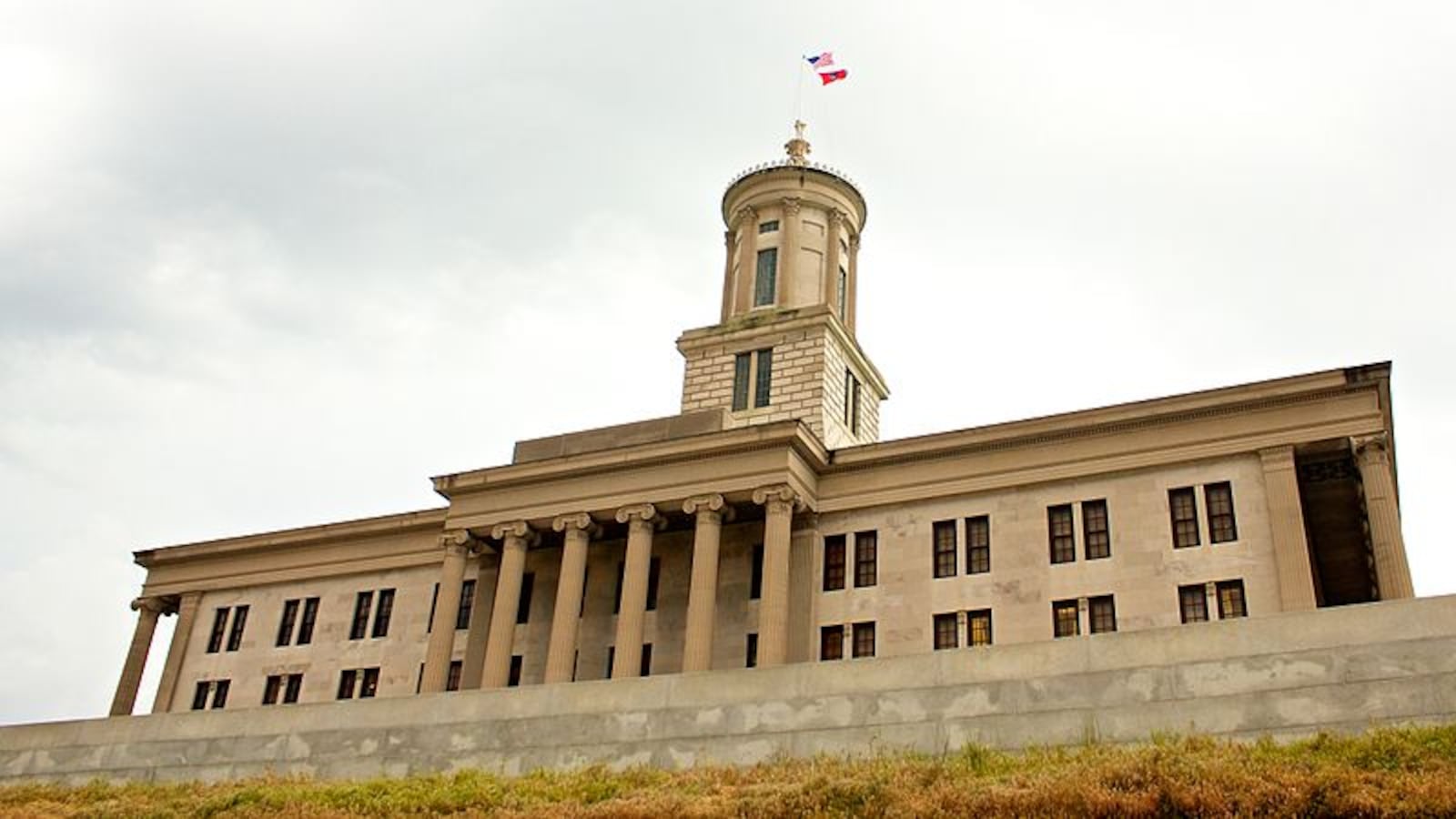As the state prepares to defend itself in court over its level of public education funding in Tennessee, the legislature passed a budget appropriations bill Thursday that could discourage local school districts from pursuing similar legal action in the future.
The appropriations bill includes a provision that prevents a school district from using state money to pay for legal fees, court costs or related expenses when suing the state, a state agency or a state official.
“Nothing prevents them from seeking legal redress,” said Senate Majority Leader Mark Norris (R-Collierville). “It just says they can’t use the taxpayers’ money for suing the taxpayers themselves.”
While the measure was approved in both chambers of the majority Republican legislature, some Democrats spoke against the provision. Sens. Jeff Yarbro of Nashville and Lee Harris of Memphis said the policy would effectively prevent many districts that lack a strong local funding base from protecting their interests in court.
“We’ve handcuffed them. So if you’re in a rural district, there’s nothing you can do, almost,” Harris said.
Seven school districts in Southeast Tennessee, including Hamilton County Schools, sued the state in March over chronic underfunding, as well as inequitable funding across the state. Other districts, such as Shelby County Schools, are considering similar legal action.
Lawsuits from school districts have proffered dramatic funding gains for Tennessee districts in the past, but not enough to keep state funding on par with most other states.
Yarbro pointed out that most school systems have been plaintiffs against the state at one point. “I think it’s worth remembering that every senator, I believe, in this body represents a district where the school systems have brought suits against the state of Tennessee,” he said.
He argued that the policy matter also does not belong in an appropriations bill. “This is a matter of pretty profound public policy that has been brought into the budget implementation process,” Yarbro said. “It doesn’t seem so much like implementation of budget as making an education policy decision.”
In the House, Rep. Mike Stewart (D-Nashville) was more direct. “This is unconstitutional,” he said.


